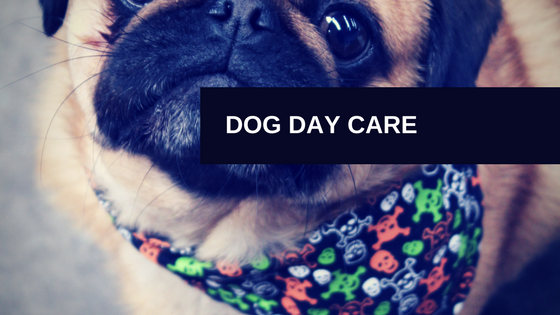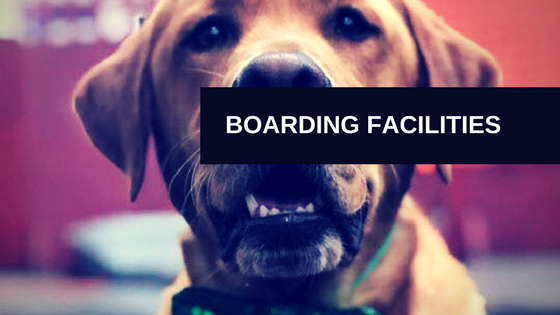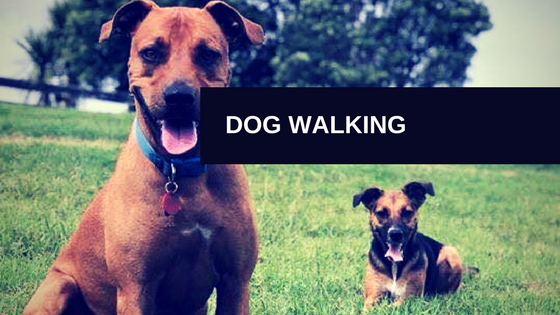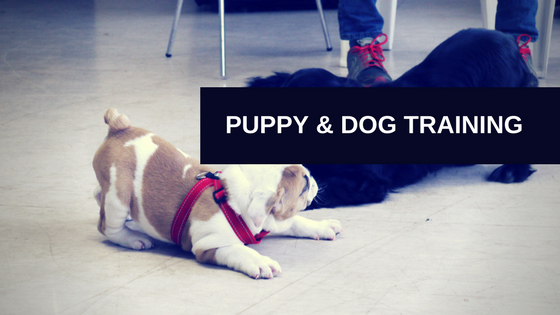How to choose the right pet care service for your dog
Rhiannon Taylor (Owner of Complete Canine Care Ltd)
Doggie day care, adventure walks, home visits and solo walks are just a few examples of the services we can enlist to care for our dogs while we are busy at work. With such a fast growing industry, that has new services popping up almost every other week, how does a dog owner choose which service is best suited to their pooch?
It is important to note that the New Zealand pet care industry is unregulated. Any Tom Dick or Harry can pick up a dog lead, give out some flyers and call themselves a dog walker the same goes for dog day care centres. If you have the funds, anyone can lease or purchase a building and start offering a day care service.
How do you sort through all of the businesses to find not only which type of service is best suited to your dog but also which service is run by trained and qualified professionals who follow local bylaws and the dog control act along with having appropriate policies, procedures and insurance in place?
Let’s start with dog day care. A dog day care is a facility where a dog is dropped off for the day. Dogs are placed in play groups with other dogs. It is much like a child’s day care but for dogs. This can be in an industrial unit, someone’s back yard or at a more rural farm like location.
Dog day care centres are best suited to dogs who:
• Enjoying being around a large number of other dogs
• Who already have good social skills or who are puppies and are learning important social skills
• Have good general manners
• Are non-aggressive to both people and other dogs
Dog day care centres are not suited to dogs who:
• Are aggressive to people or other dogs • Are overly anxious or fearful
• Who have little training and manners
• Who are overly vocal
• Who are quite reactive
Questions to ask when enrolling at a dog day care centre:
• What is your staff to dog ratio and is there always a team member in with the dogs? Ideally centres should have a maximum ratio of 1 staff member per 15 dogs, even better is 1:10 and play groups should be continuously monitored. Monitoring should take place by having a person in the each play group, having a person monitoring cameras which watch the dogs is not sufficient.
• What qualifications and training does the staff have? Staff should hold qualifications in an animal related field. While “loving dogs” is important, simply loving dogs doesn’t qualify a person to understand and effectively read canine body language. Staff should be trained in pet first aid.
• Does the centre separate the dogs into small and large? While seeing a Chihuahua next to a Great Dane can make a cute photo, it is far from safe. Small dogs should have a separate play area away from the big dogs to avoid any risk of predatory drift. Predatory drift is when something during normal play triggers the larger dog to “drift” into predation. This is dangerous as it can cause a larger dog to see a smaller dog as prey which can lead to fatal consequences.
Other good questions to ask are: What is their enrolment process? Are they insured? What is their bite policy? Do they suspend/expel dogs who are not suitable? Is any onsite training provided?
Adventure Group Walks
Known by a number of names (adventure walks, discovery walks, group socialization walks). These walks involve a dog walker picking your dog up from home taking it out with a number of other dogs to a dog park, beach or forest usually for 1-2 hours and then dropping the dog home. As the walker is picking up and dropping home a number of dogs you pet often is away from home for 3-4 hours when transport time is included. Adventure walks are best suited to dogs who:
• Enjoy the great outdoors
• Have some social skills and are comfortable around other dogs
• Have good off leash manners • Are non-aggressive to both people and other dogs
• Good for dogs with a bit of anxiety get over their fears. Small sized walking groups 4-7 is best for working on such behavioural concerns
Adventure walks are not suited to dogs who:
• Are aggressive to people or other dogs
• Have major health issues such as extreme arthritis or dysplasia. The walks often take place on difficult terrain and can be quite lengthy so an on lead or shorter walk is better suited to these dogs
• Have no recall
• Have poor off leash manners e.g. jump on passers-by, poor dog-dog greeting style
Questions to ask when enrolling for adventure walks:
• How large are your walking groups? The DogTec Dog Walking Academy recommend 6 dogs per group as an ideal number. Large groups 8+ are a health and safety risk
• What qualifications and training does the walker have? Many people will pick up a leash and call themselves a dog walker. When choosing a professional to walk your pet make sure they have a background and training in the pet industry
• Does the walker have staff? Best to opt for a business that has more than one walker. This provides insurance that when the walker is sick or away there is still someone available to walk you dog
• What is the walkers screening policy? Do they just take any dog into their groups or do they select which dogs fit together well to ensure there is good group dynamics
• What equipment and training do they use? Choke chains, slip lead, prong collars and e-collars are out dated and should not be used by dog care professionals. Opt for walkers who choose positive training and management methods. Head haltis and front attachment harnesses are much more humane tools for managing dogs who pull on lead.
Other questions to ask: are they insured? Are they trained in pet first aid? Do they following council bylaws in regards to access to off leash areas?
Solo dog walks
These walks involve a dog walker coming to your home and picking up your dog. Your dog is then walked either by itself or with one other dog. These walks are on or off leash depending on what has been agreed upon with the owner.
Solo walks are good for dogs who:
• Have dog-dog issues
• Have additional needs and training requirements as this service allows optimum one on one attention
Solo walks are fine for almost any dog provided the walker is aware of the dog’s individual requirements and needs. Solo walks are generally less exercise intensive as group walks or day care so can be a good options for dogs with exercise restrictions.
Whichever service you choose to use for your dog, the carer/s should be trained and experienced in reading canine body language and should follow a code of ethics fitting with the current, scientifically proven, positive approach to canine training and management. Most importantly they should be transparent, open and honest and care more about the welfare of your dog than the money in their pocket.





